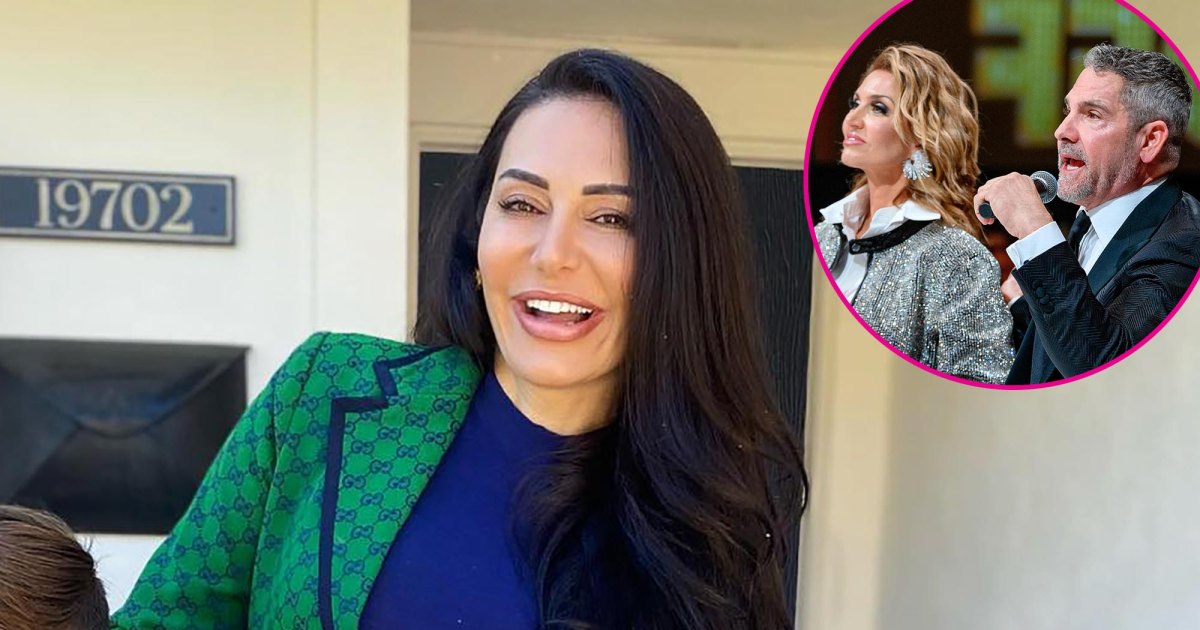Unmasking the Deception: Bobbi Vargas and the $2.3 Million Fraud Allegation
Bobbi Vargas, a high-profile wellness influencer with over 500,000 followers, faces serious allegations of orchestrating a $2.3 million fraud scheme. Federal investigators revealed this week that Vargas allegedly misled investors and clients through falsified wellness programs and fake clinical trials between 2020 and 2023. The scandal has sent shockwaves through the wellness industry, raising urgent questions about accountability in the largely unregulated influencer space.
The Rise and Fall of a Wellness Icon
Vargas rose to prominence during the pandemic, capitalizing on the booming $4.5 trillion global wellness industry. Her Instagram feed featured glossy testimonials about her “BioHarmonic Healing Method,” which she claimed could “reprogram cellular health.” However, court documents allege these before-and-after photos were staged, and her clinical trial data fabricated.
“This case exemplifies the dark side of influencer culture,” says Dr. Evelyn Cho, professor of digital ethics at Stanford University. “When personal branding overshadows professional credentials, consumers pay the price—sometimes literally.”
Key allegations include:
- Ponzi-like payments to early investors using funds from new victims
- Fake FDA approval claims for unregulated supplements
- Ghostwritten “patient success stories” by freelance writers
How the Scheme Unraveled
The investigation began when multiple clients reported identical “personalized” treatment plans. Forensic accountants traced $1.4 million to offshore accounts, while another $900,000 allegedly funded Vargas’s lavish lifestyle—including a $15,000/month rental in Miami’s Billionaire Bunker district.
Social media analytics firm BuzzSumo reports Vargas’s engagement rates dropped 72% in the past month as followers expressed outrage. Many describe feeling betrayed by someone they considered a “trusted health guide.”
The Regulatory Gray Zone
Wellness influencers operate in a legal gray area. Unlike licensed medical professionals, they aren’t bound by HIPAA or FDA marketing rules. A 2023 FTC study found that 43% of health influencers make at least one unsubstantiated claim per post.
“Platforms must enforce stricter verification,” argues consumer protection attorney Mark Resnick. “When someone monetizes medical advice without credentials, that’s not entrepreneurship—it’s fraud.”
However, some defend Vargas’s initial intentions. Former colleague Jessica Tran states, “The pressure to maintain growth likely distorted her judgment. The system rewards outrageous claims, not nuanced truths.”
Broader Implications for the Influencer Economy
This scandal emerges as influencer marketing reaches $21.1 billion globally. Experts warn that without reform, such cases could erode trust in legitimate creators. Already, a recent Edelman survey shows 61% of consumers now distrust influencer health advice.
Key warning signs Vargas’s followers missed:
- Vague explanations of her methodology
- Pressure to upgrade to “premium” $5,000 packages
- No published peer-reviewed research
What Comes Next?
Vargas faces potential wire fraud charges carrying up to 20 years imprisonment. Meanwhile, the FTC is drafting new “Influencer Health Claim Guidelines” expected by Q1 2024. Platforms like Instagram now flag unverified health content, but critics say these measures are too little, too late.
For consumers, the lesson is clear: verify credentials before investing in wellness programs. As this case proves, a large following doesn’t equal expertise—sometimes, it masks deception.
Have you encountered suspicious influencer claims? Report them to the FTC at reportfraud.ftc.gov. Your vigilance could prevent the next scandal.
See more Business Focus Insider Team

